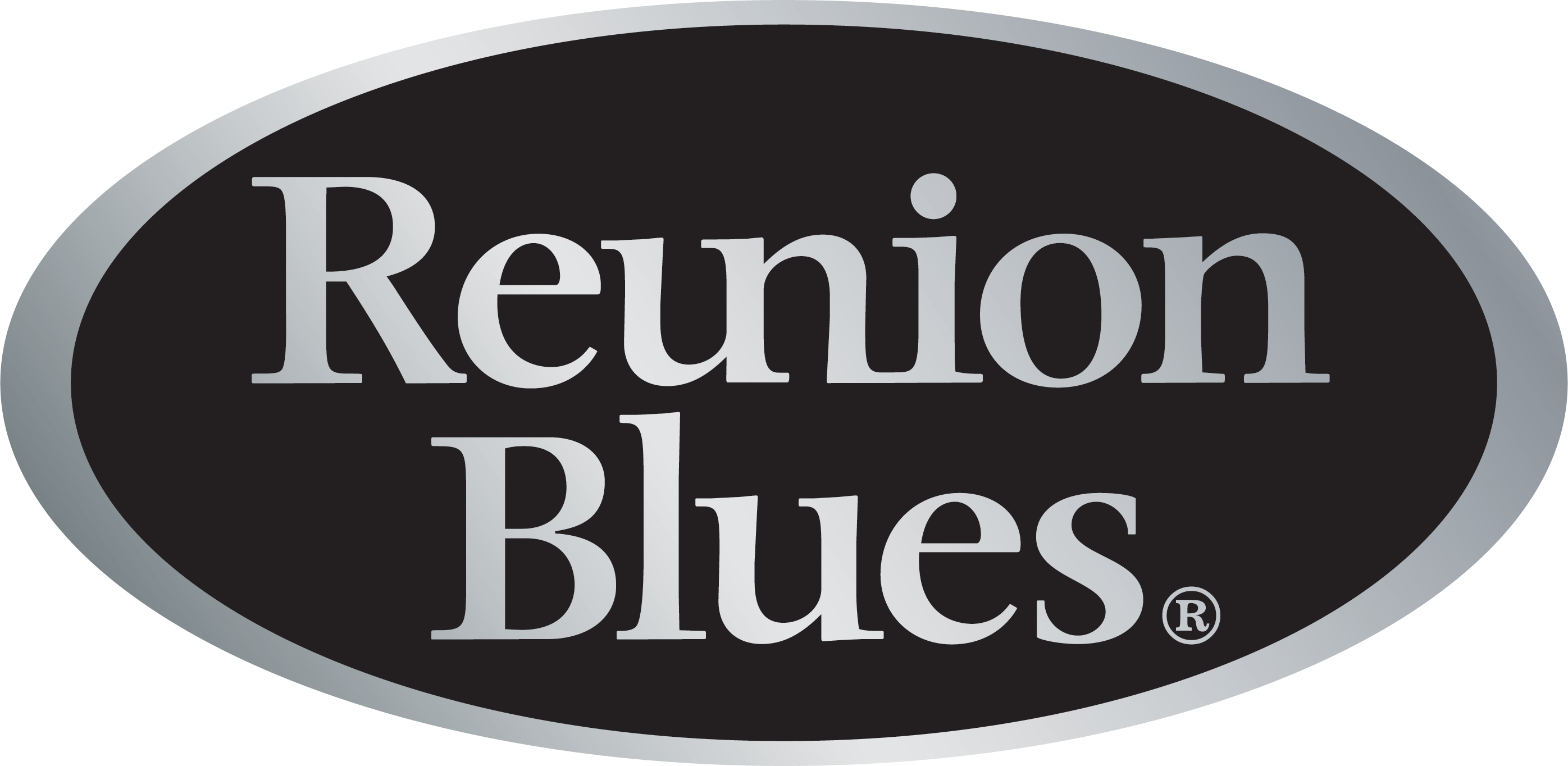How Boundaries Can Make You More Productive: Part 1/2
As musicians, our lives are very hectic, and we’ve often got a lot on our plates. Trying to get our music writing and practice in, while working, and managing self-care and daily errands can get compounded by the fact that we’re often trying to maintain this level of discipline in close proximity to family, friends, or roommates. So how can we adhere to excellence despite all of the pressure? Boundaries. Specifically, loving boundaries.
"Balance is not better time management, but better boundary management. Balance means making choices and enjoying those choices." – Betsy Jacobson
Have a workspace.
Create a space for your work where your stuff is always set up and ready to go. Even just sitting down at your workspace can help you to get into the working zone. It also creates a clear delineation for yourself and your family that you’re at work. Keep this space in whatever condition is best for your workflow. Make sure everything you need has a place. You can do this even while traveling. Have a mobile setup you can use anywhere and always set up your space before you start your
Create rituals.
Another strategy for getting into your work-time headspace is to create rituals. Have a special mug or beverage you always make when you start your work. Put on certain music or do specific warm-up exercises or any other act that signals to you that it’s time to focus and get down to business.
Have set hours.
Treating your working or practicing from home as a set event, like a normal work day or a group rehearsal, with a set beginning and end time, can have a strong impact on your productivity. Structure is extremely helpful when you’re relying on your own self discipline and telling your family in advance when you’ll be practicing helps everyone get on board to support you and know what to expect. Make sure that you also block out time for breaks, meals etc. and make sure you also know when you’re going to enjoy a little R&R.
Make good use of your time off.
Boundaries around your time off are also extremely important. Don’t let your work bleed into your play. Use your R&R time to intentionally unwind and enjoy things that make you happy and make life more enjoyable. Putting all of your focus into your work when you’re working and into your play when you’re playing makes you better at both.
Grocery shop.
Having nourishment at your fingertips is an unparalleled hack for being productive. It keeps you healthy, saves you time and money, and keeps your head in the game when your focus is on. So stock your kitchen with healthy foods you like and see if it doesn’t bring you peace and joy the next time you get hunger pangs while practicing arpeggios.
Get good at saying no.
This is such a tough one for pretty much everyone but sadists. But the truth is, being told “no” doesn’t hurt as much as we think it will, and so saying it should be much easier for us. Don’t worry about hurting your loved ones by saying no. Most of the time when people ask, “no” is a completely acceptable answer. It’s our own worry about disappointing others that gets in our way and makes us compromise our own needs. Try saying, “no” more and see what happens.
Time management.
First thing’s first, prioritize. Do the three hardest and most important tasks first. Then you can move on to menial to-do’s and answering emails. While you’re smashing the big problems, try using a pomodoro timer. It’s easy to commit to 25 minutes of truly focused work and taking breaks refreshes your mind. If you prefer a continuous flow of focus for hours without interruption, then do that. Just learn what works best for you and use that method with intention.
Invest time in connecting from afar.
Loneliness can be one of the hardest consequences of an exceptional lifestyle. If you put in the time to connect with your loved ones via phone, video chat, or any other medium you prefer, you’ll feel better, which will give you more artistic stamina. So make sure to prioritize quality time with those you love as much as you prioritize quality time with your work.
For more tips on using boundaries to be more productive, see Part 2.
Guest Post by Allie Mazon
